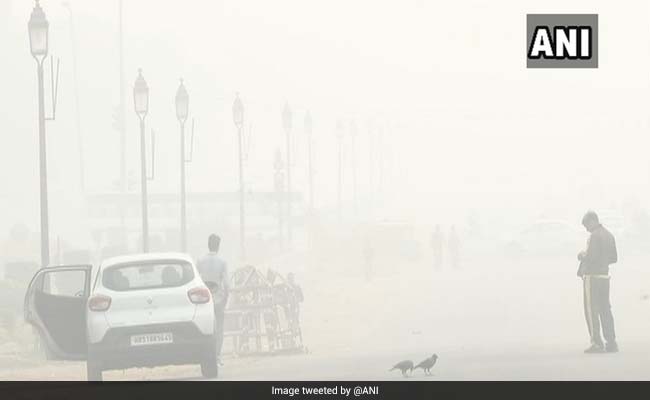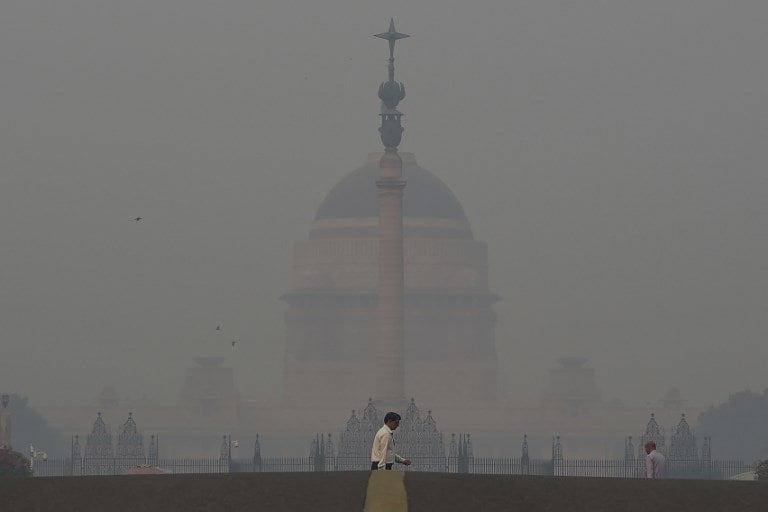As Delhi continues to grapple with rising air pollution, the air quality dropped and Delhi pollution level slipped to "very poor" category and on Diwali night on Wednesday.
A thick haze engulfed the city as people in the city continued to burst firecrackers long after the deadline set by the Supreme Court. The overall Air Quality Index (AQI) was recorded at 302 at 11 pm, which fell in the very poor category, according to the Central Pollution Control Board.
The Supreme Court had allowed bursting of firecrackers from 8 pm to 10 pm only on Diwali and other festivals. It had also allowed manufacture and sale of only "green crackers", which have low light and sound emission and less harmful chemicals.
The situation was similar, if not worse, in the neighbouring areas of Delhi such as Gurugram, Noida and Ghaziabad, where crackers were burst as usual, raising question marks on the efficacy of the administration in enforcing the top court's ban.
Here are the highlights of the air pollution in Delhi after Diwali:
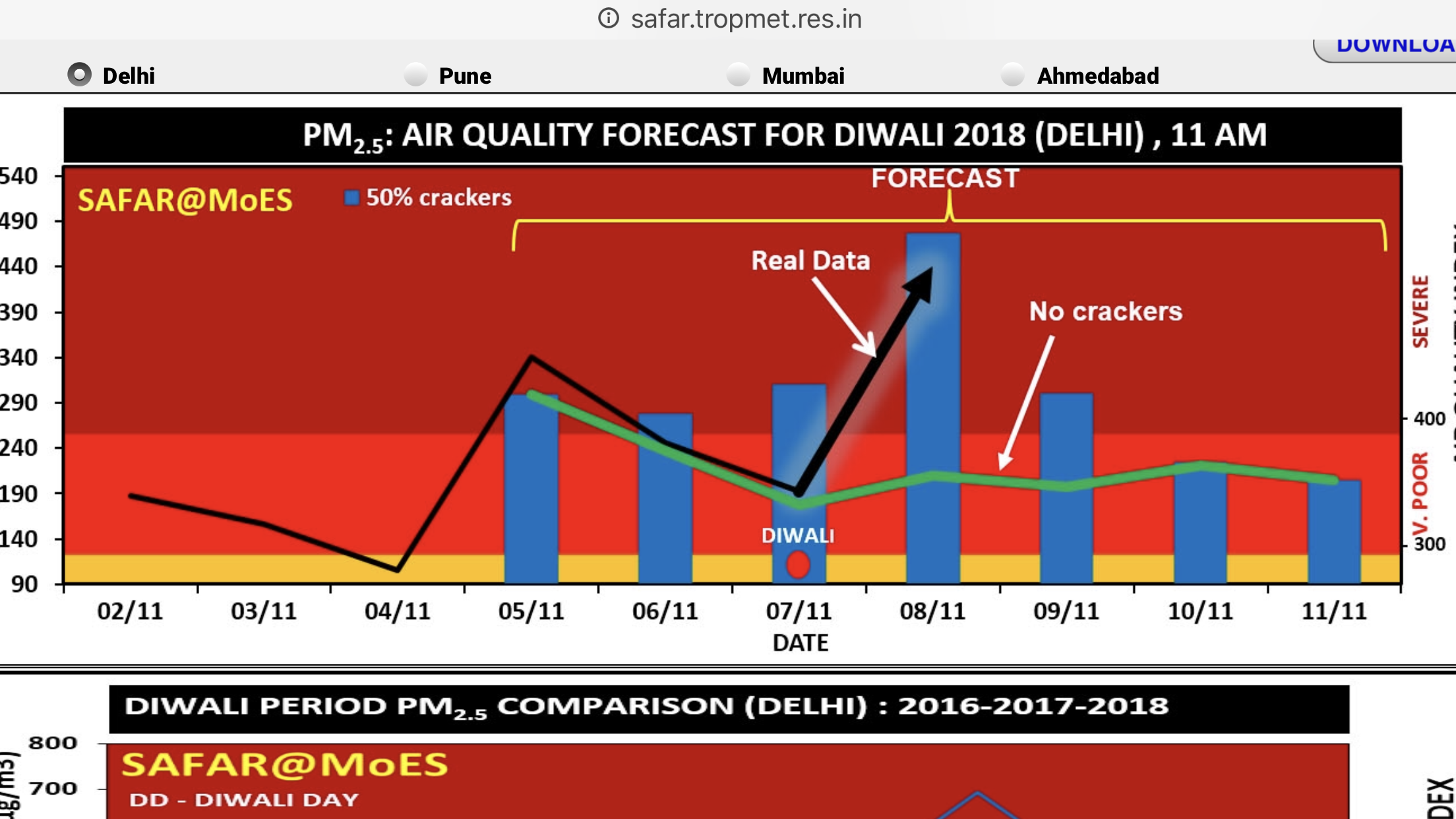
An AQI between 0 and 50 is considered "good", 51 and 100 satisfactory", 101 and 200 "moderate", 201 and 300 "poor", 301 and 400 "very poor", and 401 and 500 "severe". Above 500 is "severe-plus emergency" category.
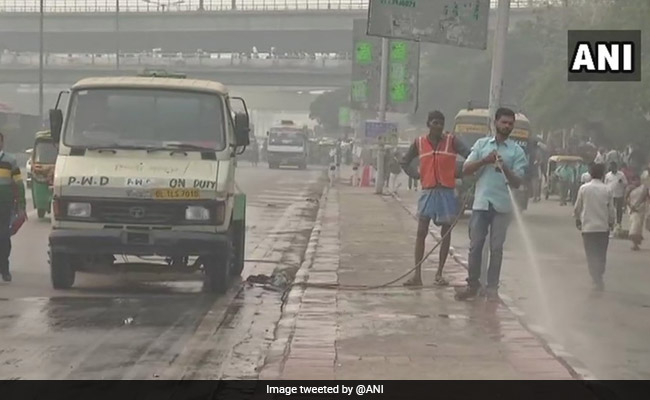
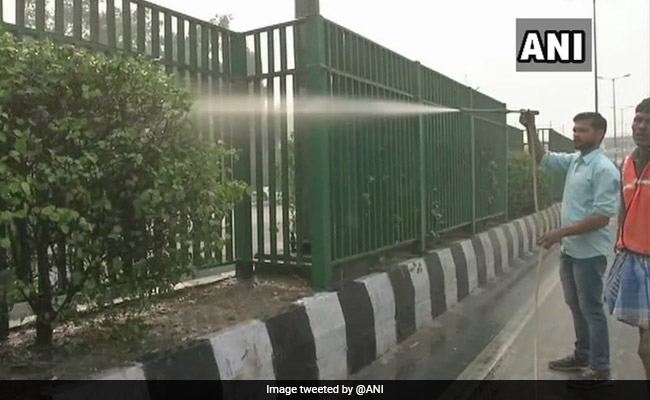
#Delhi's Anand Vihar at 999, area around US Embassy, Chanakyapuri at 459 & area around Major Dhyan Chand National Stadium at 999, all under 'Hazardous' category in Air Quality Index (AQI) pic.twitter.com/QX7z5UYOl9
- ANI (@ANI) November 8, 2018
A "very poor" AQI essentially means that people may suffer from respiratory illnesses on a prolonged exposure to such air. If the air quality dips further, the AQI will turn "severe", which may trouble even those with sound health conditions and seriously affect those with ailments.
The apparent lack of concern about the toxic air - whether through ignorance or apathy - gives politicians the cover they need for failing to address the problem, say environmental activists and others. Tiny particulate matter can cause major health problems.
In recent weeks, Delhi doctors have reported an increase in patients with respiratory problems.
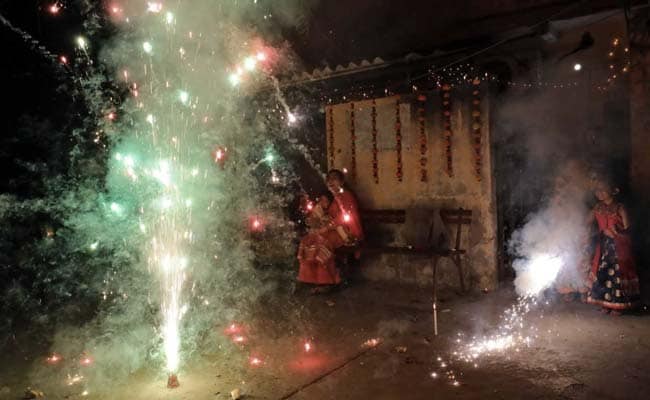
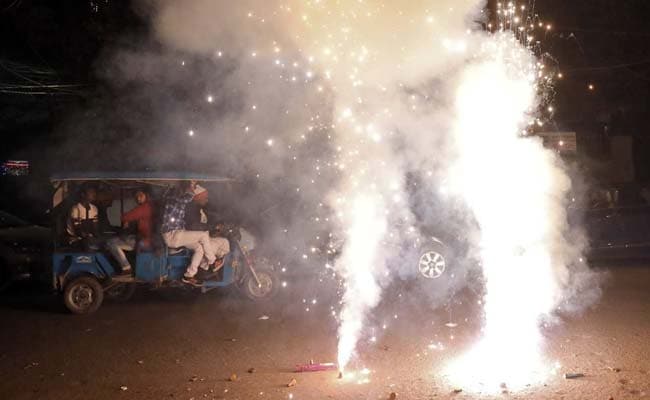
#airquality in Delhi between November 7 and eary hours of November 8
- Air Quality in India (@airqualityindia) November 7, 2018
All data are from the Delhi Pollution Control Committee (DPCC) website
Some of the sites are currently not reporting PM levels. #DelhiAirPollution #IndiaAQ #HappyDiwali pic.twitter.com/Egr3C2NCQC

